
Starting June 1st, 2023 Our warehouse fee will be $0.65/cubic foot per month
In effort to lower the warehouse storage fee during inflation, we have went narrow aisle racking.This construction took us four months but the project is finally completed. With narrow aisle racking, we are able to drop storage by 24%.We as partners will go through this inflation together.
04/04/2025
WASHINGTON, April 2 – In a significant shift in U.S. trade policy, President Donald Trump has signed an executive order eliminating duty-free treatment for small-value shipments-commonly referred to as de minimis-from China and Hong Kong. The order is set to take effect at 12:01 a.m. ET on May 2, according to an official announcement from the White House.
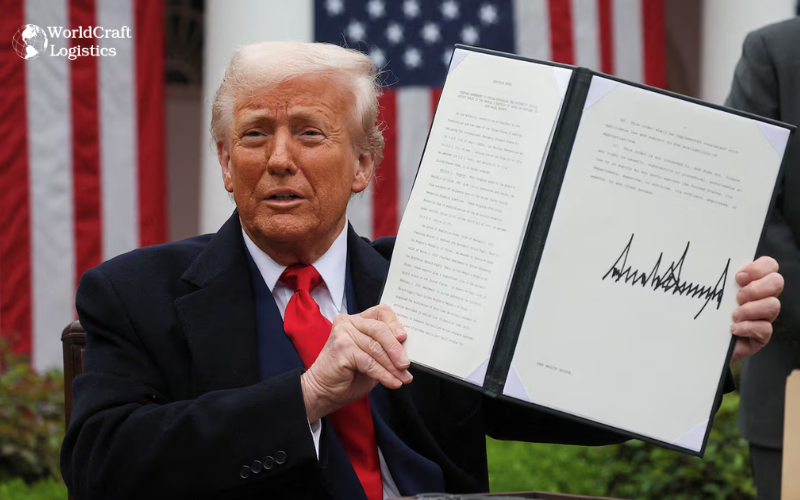
This policy change effectively closes a long-standing loophole that had enabled billions of low-cost goods to enter the U.S. market without paying import duties. Under the revised regulation, all goods valued at or under $800-whether shipped through the postal network or via private carriers-will now be subject to applicable U.S. tariffs.
For shipments arriving through the international postal system, a duty rate of 30% or $25 per item will be imposed, whichever is higher. This rate is expected to rise to $50 per item after June 1. For shipments outside the postal system, all standard duties will apply based on the declared value and product category.
According to the White House, the decision follows certification from Commerce Secretary Howard Lutnick, who confirmed that the necessary infrastructure is now in place to effectively collect duties on these parcels. This announcement came alongside broader tariff measures targeting multiple global trading partners.
The volume of de minimis shipments has surged dramatically in recent years, reaching nearly 1.4 billion packages in 2024. Approximately 90% of all international packages entering the U.S. qualify under the de minimis threshold, and nearly 60% of those originate from China, often via direct-to-consumer platforms.
In anticipation of regulatory tightening, platforms such as Temu and Shein have begun adapting their logistics strategies. Temu, operated by PDD Holdings, is reportedly transitioning to a semi-managed model that ships products in bulk to overseas distribution centers before final delivery. Meanwhile, Shein has begun diversifying its supply chain, establishing supplier bases in Vietnam, Brazil, and Turkey.
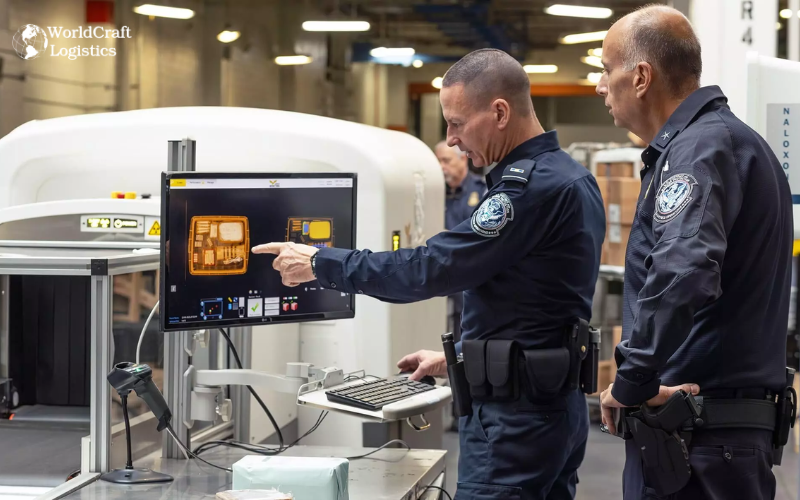
The Trump administration emphasized that the change also supports broader efforts to crack down on illicit shipments, particularly those linked to the opioid crisis in the United States. Officials have raised concerns that some traffickers exploit the de minimis provision to route chemicals used in synthetic opioids. While China has denied responsibility, this has remained a sensitive issue in ongoing U.S.-China relations.
The original executive order was signed on February 1, but implementation was delayed due to logistical challenges in processing and inspecting large volumes of low-value parcels. Now, with new enforcement protocols and customs resources in place, the administration has moved forward with full implementation.
Under the new rules, carriers handling shipments from China and Hong Kong are required to:
Report shipment data to U.S. Customs and Border Protection (CBP)
Maintain an international carrier bond
Remit duties to CBP on a scheduled basis
CBP also reserves the right to request formal entry procedures for any postal shipment, further tightening customs control.
In addition, the Commerce Department is expected to deliver a full impact assessment within 90 days, which may include recommendations on extending similar rules to packages originating from Macau.
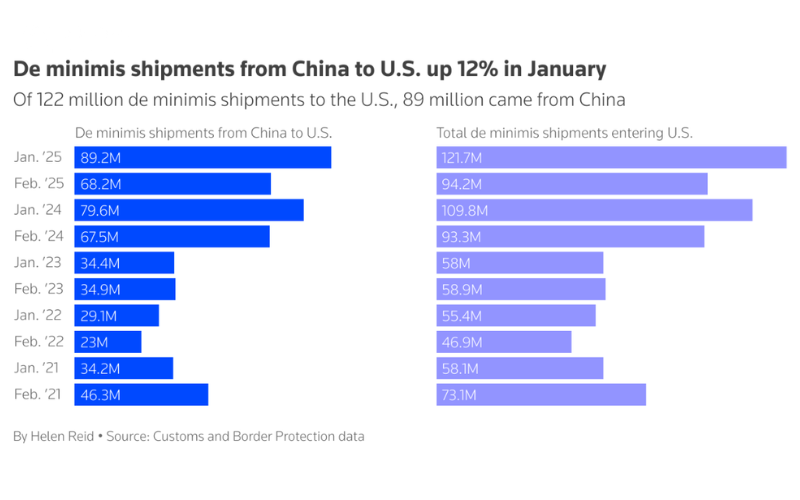
As a logistics and supply chain expert, Worldcraft Logistics recognizes that this change represents a critical pivot point in U.S. customs policy. The de minimis threshold has long been a facilitator of fast, affordable cross-border e-commerce. However, with the sharp increase in parcel volume and growing concerns over revenue loss and regulatory compliance, the need for reform has become increasingly clear.
For importers, exporters, and logistics providers, this policy shift underscores the importance of transparent customs documentation, proactive duty forecasting, and adaptable warehousing models. Companies that rely on bulk shipping and localized fulfillment may be better positioned to absorb the impact, while those dependent on direct-to-consumer dropshipping models may face cost pressures and longer delivery times.
Worldcraft Logistics advises stakeholders to:
Review existing shipping channels and pricing models
Monitor changes to de minimis policy in other countries
Strengthen collaboration with customs brokers to ensure compliance
We will continue to monitor this development and support clients in navigating the regulatory landscape with efficient, cost-effective solutions tailored to the evolving demands of international trade.
*This article has been adapted from an original Reuters report to better suit the informational needs of Worldcraft Logistics' readers.
SEO
Digital Marketing/SEO Specialist
Simon Mang is an SEO and Digital Marketing expert at Wordcraft Logistics. With many years of experience in the field of digital marketing, he has shaped and built strategies to effectively promote Wordcraft Logistics' online presence. With a deep understanding of the logistics industry, I have shared more than 500 specialized articles on many different topics.

Hot News
08/05/2024
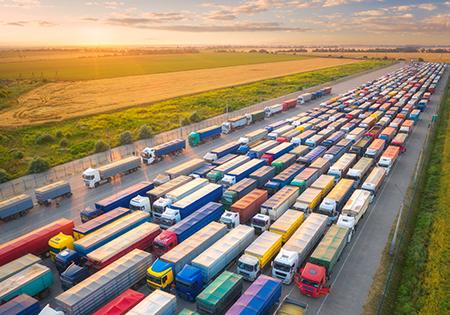
Hot News
02/23/2023
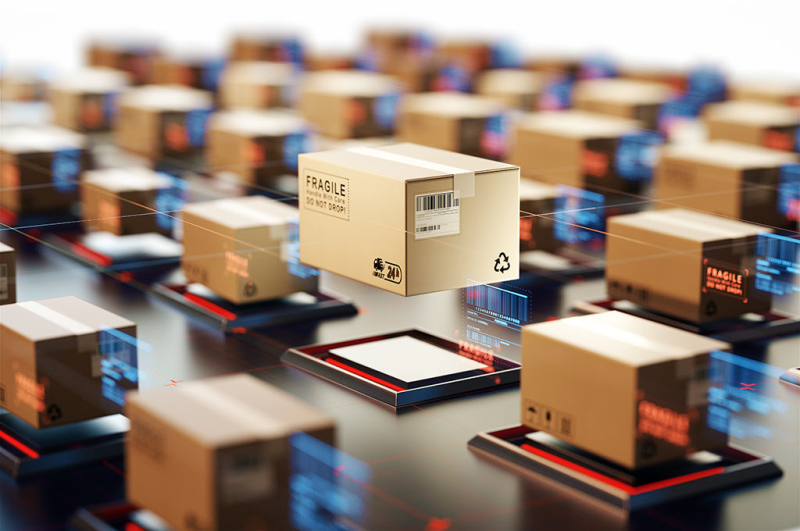
Hot News
02/23/2023

Hot News
02/06/2023
Hot News
02/07/2023